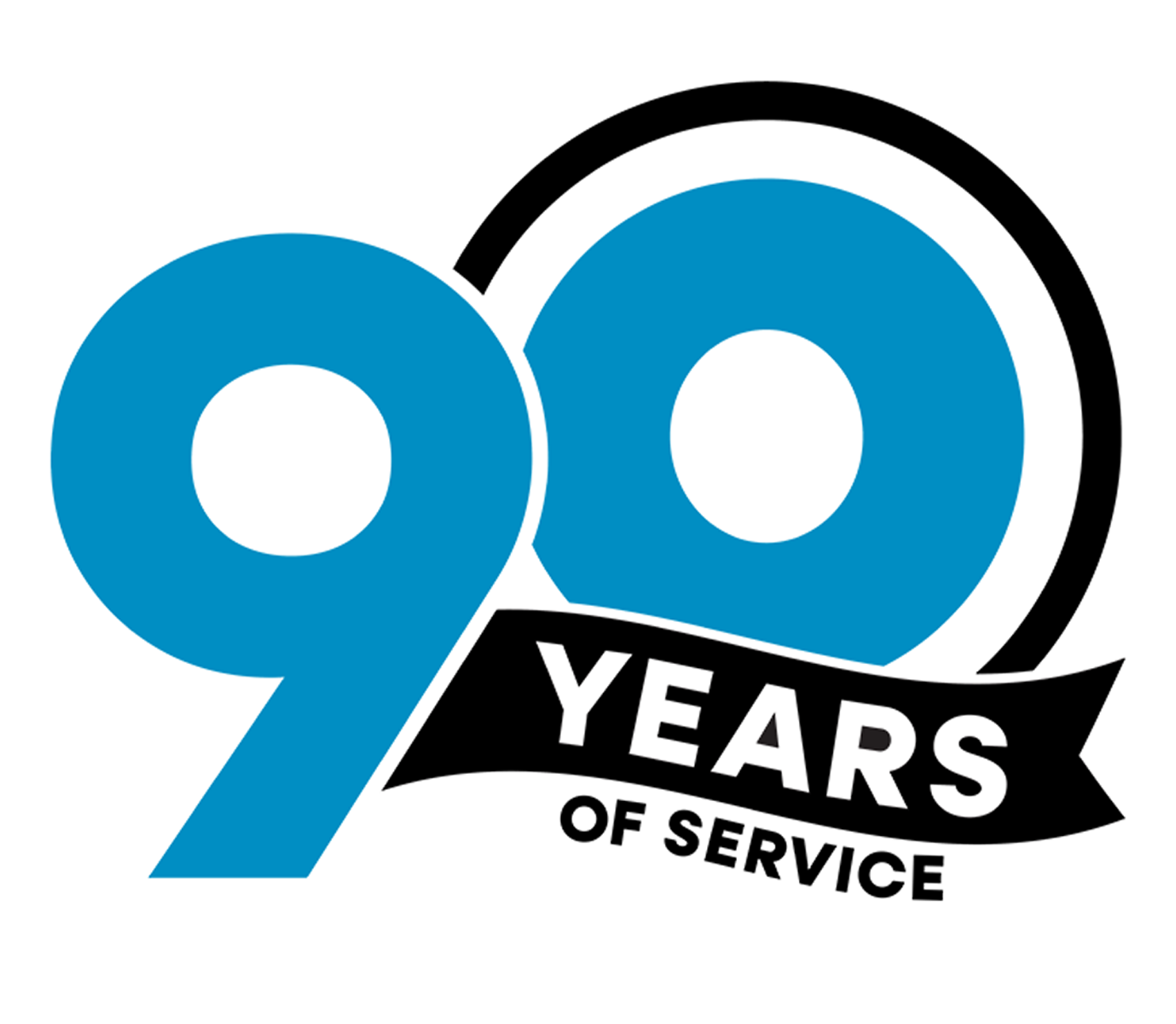We all have that friend or family member who’s always chasing the next big thing. One week it’s a “can’t-miss” side hustle, the next it’s a group chat about an investment opportunity. Maybe it’s a protein shake company that “isn’t like the others” or an investment system that claims you can quit your job in six months. They’ll claim that their new coaching program or scheme is their fast track to financial freedom. More often than not, it’s a fast track to losing money.
Scammers are quick to target people who want to take control of their finances. After all, it’s so relatable. Who doesn’t want to earn more, work less, and start building a better future? Unfortunately, if you’re working hard to save, invest, or pay off debt, that makes you a target. These schemes are designed to promise big results with minimal effort. The trouble is, they almost never deliver. Here’s how to spot those “too-good-to-be-true” scams and protect your hard-earned money.
Scam Signal #1: “Easy Money” Promises
Scammers love to use buzzwords like: “Make $10K a month with no experience,” “Guaranteed income while you sleep,” and “Start today, no work required!” These are red flags. Real opportunities take time, effort, and risk. Be skeptical of anyone promising fast results with little work.
Scam Signal #2: “Financial Coaching” Programs
Some coaching programs or business consultants offer mentorship services or tout “proven systems” that are guaranteed to set you on a path to financial freedom. Basically, these coaches or companies charge hundreds (often thousands) of dollars to teach you how to get rich or build passive income streams. They employ high-pressure sales tactics and offer vague promises of life-changing results, and ultimately, can’t (or won’t) deliver.
Before signing up, research the company and read reviews from actual users. Ask the company for real proof of their success (not just testimonials). A good rule to remember is: if you have to spend a lot of money just to learn how to make money, it’s probably a scam. Also, if a coach spends more time trying to upsell you rather than focusing on your development, that’s another red flag.
Scam Signal #3: Pyramid Schemes or MLMs
Some scams disguise themselves behind products such as supplements, skincare, clothing, or cryptocurrency investments. These setups may seem like legitimate businesses, but they make money by recruiting others, not by selling products.
So, if someone says you’ll make more money by signing up your friends, take a step back and do some research. The FTC has warned about these types of “opportunities.”
Scam Signal #4: Suspicious Job or Gig Offers
As more people look for side hustles, scammers are posting fake jobs that ask for upfront fees, bank account info (you know, to deposit that huge paycheck), and personal data (like your Social Security number). It’s tough to navigate because real employers really do need sensitive information to hire and pay you.
But, real employers won’t ask you to pay to work. When in doubt, let Google be your guide. Research the company’s website, reviews, and LinkedIn profile. Avoid job offers that seem too flexible or vague. Basically, if someone tells you that you can make $2,000 a week just stuffing envelopes at home, it’s a scam.
How to Stay Safe
As prevalent as these “financial freedom” schemes are today, it pays to be skeptical. So, slow down and do your homework before signing up for anything.
- If you’re asked to pay upfront, think twice. Be wary of opportunities that come with high entry costs, especially if you’re told you’ll make that money back “in no time.” Legitimate jobs and investments don’t require you to buy in.
- Research the company—every time. Whether you’re applying for a job or exploring an investment, search the company name along with terms like “scam” or “complaint.” If something feels off, it probably is.
- Protect your personal information. Don’t share sensitive details like your Social Security number or banking info unless you’re absolutely sure the source is legitimate.
- Get a second opinion. Talk to someone you trust. A fresh perspective could save you from a costly mistake.
You’re building a future, and we want to help you keep it safe. If you’re ever unsure about a financial opportunity—whether it promises quick money or long-term rewards—reach out. As a financial institution, we’ve seen a lot of “too good to be true” stories, and we know the red flags. We’re happy to talk it through with you. And as always, if you have questions about budgeting, debt, or saving for your goals, we’re here to help.
Want more tips on how to avoid scams?
- Test your scam detection skills with our “Are You Scam Savvy?” quiz.
- Learn how to secure your Alexa, Siri, or Google Assistant device.
- Find out how to protect your data and finances using mindfulness tactics.

